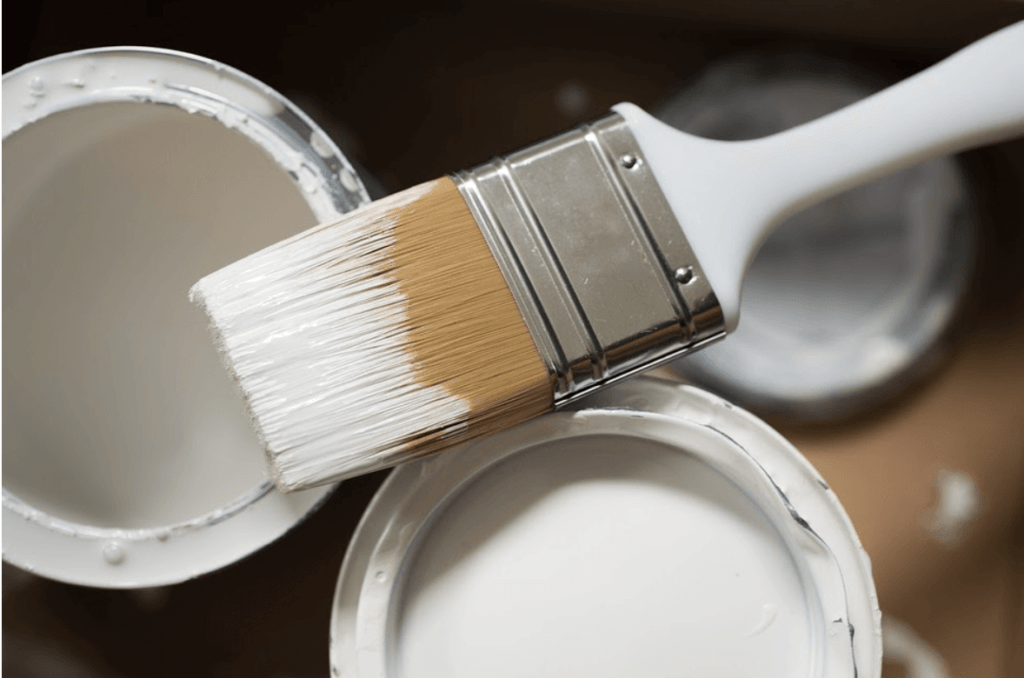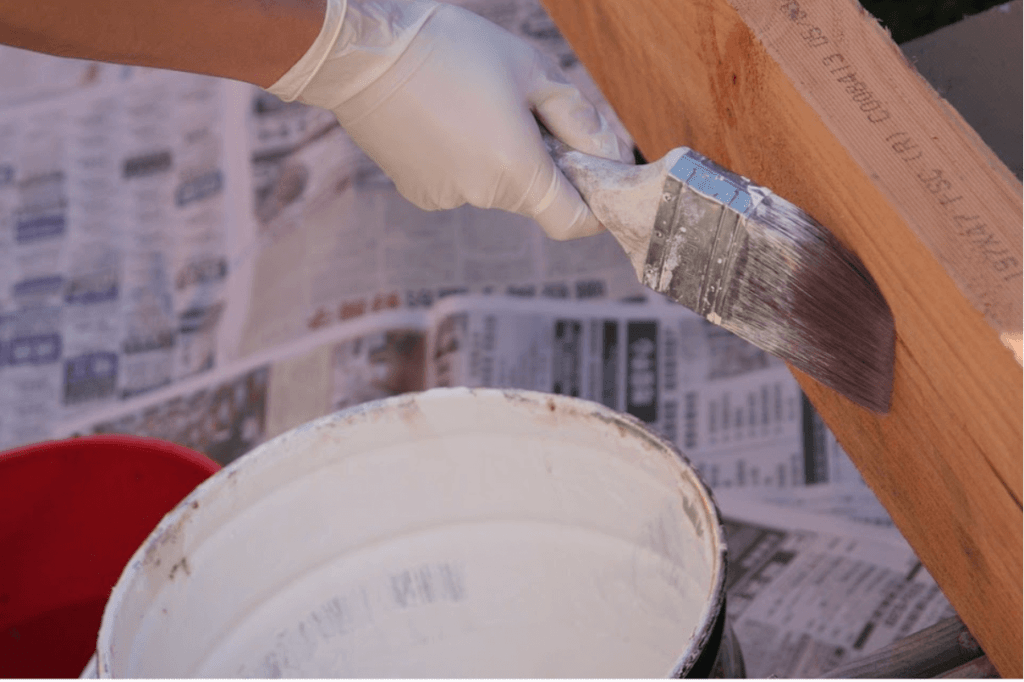If you’re like most homeowners, you want to make some improvements to your home but don’t have a lot of money to spend. Don’t worry, there are plenty of ways to budget for home improvement projects. This blog post will discuss six different strategies that you can use to get the most bang for your buck. So whether you’re wanting to paint your walls or replace your roof, read on for some helpful tips.

Research your options
One of the primary reasons that people go over budget when renovating their homes is because they don’t do enough research. Before you start any project, it’s important to know what your options are and what the potential costs might be. Shop around for prices, read reviews, and ask for quotes from different contractors. This way, you’ll have a good idea of what the project will cost and from there, you will be able to plan accordingly. Usually, home improvement costings will be broken down into two categories: labor and materials. The first thing you need to do is to determine how much it will cost for the contractors or painters daily, as well as what supplies will be needed.
Set a budget and stick to it
One of the best ways to stay on track with your home improvement budget is to set a specific amount that you’re willing to spend. This doesn’t mean that you have to sacrifice quality or features, it just means that you need to be mindful of how much money you’re spending. You can do this by creating a budget for each item or room in your house and then sticking to it as closely as possible throughout the project. The key is being prepared so that when unexpected expenses arise, like an unforeseen leaky pipe or termite infestation, they don’t derail your entire renovation plan and end up costing you more in the long run.
Set realistic expectations about your budget as well
The next step in planning for a home improvement project is setting realistic expectations about what you can achieve with your budget. It’s easy to get excited about a project and start planning without first researching how much it will cost, but this is a mistake that many homeowners make. The best way to avoid going over budget is by doing some preliminary research before embarking on any type of home improvement venture. For example, if you’re wanting to install new flooring in your entire house, you might want to consider scaling back and just doing one or two rooms. This will help you stay within budget while still achieving the desired outcome.
Use your resources
Another way to save money on home improvements is to use your resources wisely. This could mean borrowing tools and equipment from friends or family, seeking out deals at local hardware stores, or negotiating a better price with contractors. If you’re willing to put in a bit of extra effort, you can stretch your dollars to get more out of them. When it comes time for a home improvement project, don’t be afraid to ask for help. If you have any friends or family members who are handy around the house, reach out and see if they would lend some assistance in exchange for their labor or a free meal.
Avoid doing work yourself if you’re not qualified
While it might seem like a good idea to do any home improvement projects yourself, you need to be careful about what types of jobs you take on. Hiring someone who knows what they are doing will help save time and money in the long run. If you’re not qualified to do the work yourself, it’s best to leave it to the professionals. This will help ensure that the job is done correctly and that no additional damage is done to your home in the process.
Start small
If you’re not sure whether a home improvement project is right for you, start small. Doing a smaller renovation, like painting a room or installing new light fixtures, is a great way to test the waters. This will help you get a better idea of what the project entails and whether you’re happy with the result. If everything goes smoothly, then you can consider doing something bigger in the future. But if not, at least you didn’t spend too much money on a project that didn’t work out.

These are just a few of the ways that you can budget for home improvement projects. By following these tips, you’ll be able to save money on your next home improvement project. Rest assured that you will be able to achieve your dreams without having to spend too much money.



